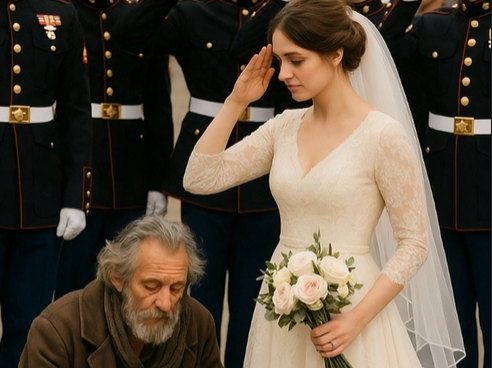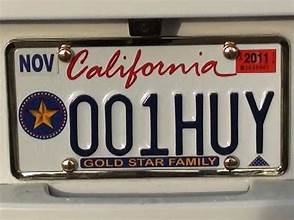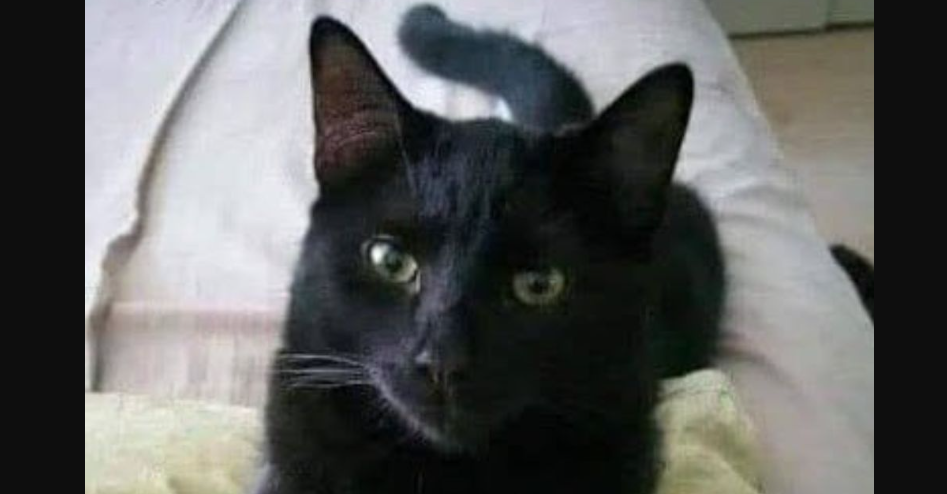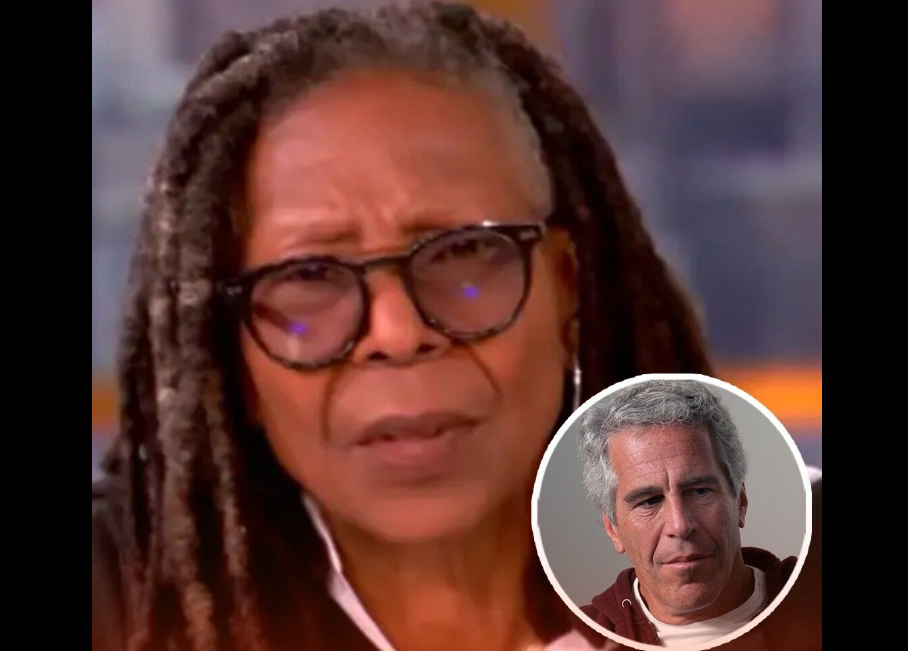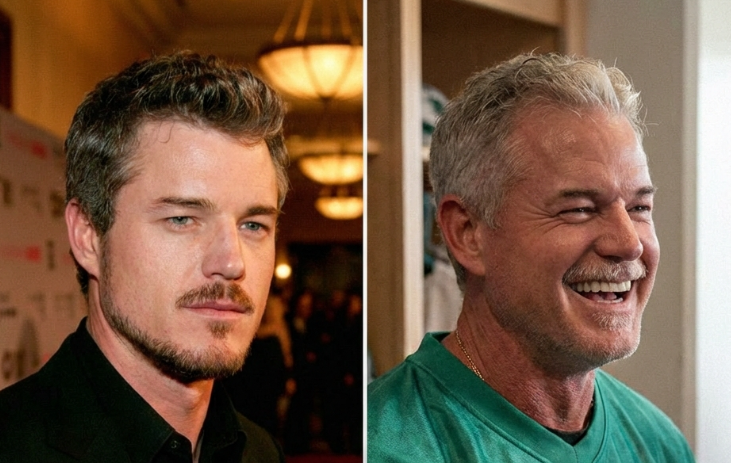Type “I’m outraged” if you believe kindness should never be judged.
Emily Sanchez started her mornings before the sun rose, stepping into Sunrise Bakery in San Diego by 4:30 a.m. At just 30, she was already known citywide for her buttery croissants and cinnamon rolls that always seemed to hug your soul.
But among her coworkers, Emily’s reputation wasn’t just about pastries—it was about her quiet, consistent kindness.
Every morning, after finishing her first round of baking, she would carefully wrap a warm pastry and pour fresh coffee into a to-go cup. Then she’d step out the back door and place them both on a bench at a nearby bus stop. Next to the breakfast, she always left a handwritten note: Wishing you a peaceful day.
The meal was always meant for the same man: an elderly gentleman with silver hair and a worn-out coat. He never begged. Never spoke. Just waited.
For six years, Emily never learned his name. Their silent exchange never went beyond a nod or glance.
Meanwhile, coworkers whispered behind her back. “She’s wasting inventory,” one would mutter. “One day, that guy’s going to take advantage,” another said. And when new ownership took over the bakery, things escalated. During her performance review, the new manager gently suggested she stop.
“Your heart’s in the right place,” he said. “But it’s making some customers uncomfortable. Maybe channel your generosity through a shelter?”
Emily nodded, thanked him—and began arriving even earlier, making sure no one saw her.
She thought she was being discreet, until one morning, a new employee caught her in the act. “She’s been feeding that bum for five years,” he muttered. A nearby customer scoffed, “Poor girl thinks she’s making a difference.”
Those words didn’t sting because Emily cared what others thought. They hurt because they missed the point entirely. She didn’t see a problem—she saw a person.
Her mother used to call her “too soft,” especially when she fell in love with Marco, a firefighter with the same quiet, giving spirit. He understood the unspoken rituals of compassion.
One rainy December morning, Emily noticed the man shaking. She left her scarf with the food. The next day, she found a napkin tucked beneath the empty cup, with scrawled handwriting: Thank you for seeing me as a person.
She carried that note in her wallet.
When her wedding approached, Emily ordered the cake from Sunrise Bakery and invited the whole team.
Two days before the ceremony, a letter showed up at the venue—no return address. Inside: a card that read, Tomorrow I will come—not for cake, but to repay a debt.
On the day of the wedding, as guests gathered, Emily stood by the bridal suite window. That’s when she spotted him—the same man, now in a cleaned-up but worn suit, standing hesitantly by the entrance.
Whispers filled the room. “Who invited him?” “What’s he doing here?”
Emily didn’t hesitate. She lifted her dress and ran to him, throwing her arms around him.
“I know those eyes,” she whispered.
He smiled. “And I remember how you treated me like I mattered.”
Just then, twelve U.S. Marines in full dress blues entered the church. The lead officer stepped forward and saluted her.
“We’re here to honor the woman who cared for a hero, quietly.”
He gestured to the man. “This is Sergeant Victor Hale. In Fallujah, 2004, he saved nine men. After his family died in 2016, he disappeared—refusing benefits, hiding his name.”
Guests gasped.
Another Marine stepped forward, holding a medal and a weathered photo: a younger Hale, carrying a soldier through gunfire.
“That wounded soldier was me,” the captain said. “Victor saved my life. And you, Emily—you helped him find his again.”
Victor looked at her. “I have nothing to offer but my story. You never asked who I was. You just gave.”
After the honeymoon, Emily and Marco used their wedding gifts to launch The Quiet Table—a free breakfast service for homeless veterans. No signs. No press. Just hot meals and dignity.
Victor never returned. But every month, Emily received a postcard from a new place. Each read: Every breakfast is a salute. Thank you.
On their first anniversary, the twelve Marines came back—this time in civilian clothes, each carrying a flower.
“We’ll take shifts volunteering,” said the captain. “Your kindness won’t be forgotten.”
The Quiet Table became a movement. Word spread. Veterans across the city knew there was one place they could find food, warmth, and respect.
Above the table, Emily framed Victor’s note: Thank you for seeing me as a person.
Below it, she added: Everyone who sits here has a story worth hearing.
Type “I will live with kindness” if you believe one meal can change a life.
